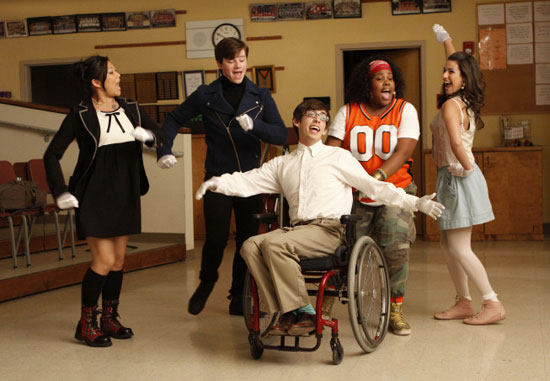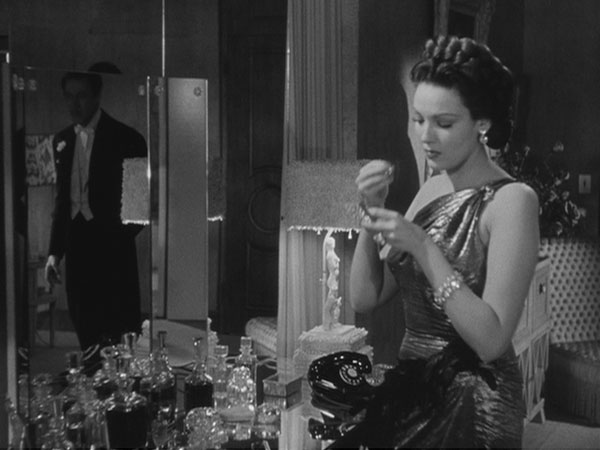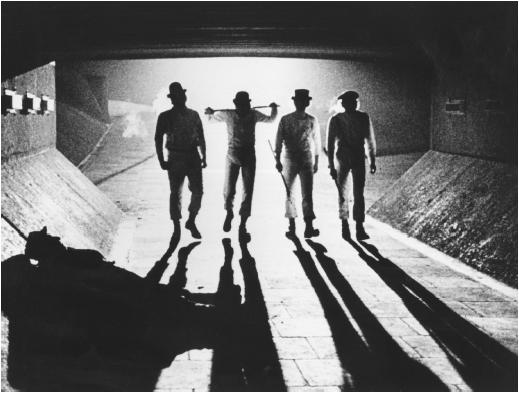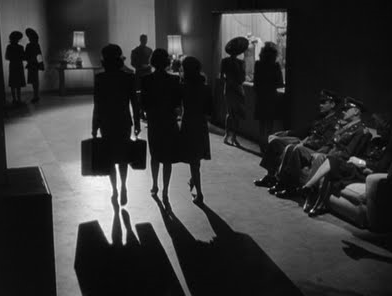 It being Christmas Eve, I thought a nice film to watch would be this seasonal treasure from 1940, Remember the Night. It recently came out on dvd thanks to the TCM archives, but unfortunately I couldn't purchase it. The next best thing was that someone had posted it on youtube. And now I can say that it was one of the best underacknowledged films I've seen of the year.
It being Christmas Eve, I thought a nice film to watch would be this seasonal treasure from 1940, Remember the Night. It recently came out on dvd thanks to the TCM archives, but unfortunately I couldn't purchase it. The next best thing was that someone had posted it on youtube. And now I can say that it was one of the best underacknowledged films I've seen of the year.The film boasts the first onscreen pairing of Barbara Stanwyck and Fred MacMurray who would later star in the revered film noir Double Indemnity. Away from the bleakness of the latter film, Stanwyck and MacMurray sparkle in a romantic comedy that is nevertheless very moving.
The story - created by Preston Sturges so you can bet it's well done - is basically this: Lee Leander (Barbara Stanwyck) is caught shoplifting near Christmas time. Her prosecutor is John Sargent (Fred MacMurray) who, during court, realises it will difficult to win the case so he postpones it until after Christmas. However, noticing that Miss Leander will have to spend her custody time in prison, he turns sympathetic and requests her bail. Somehow she lands on his doorstep and before either of them knows it, they head out to spend Christmas together with Sargent's family. After the discovery that they are in love, coming back to court proves to be complicated. Watch out for a not so predictable ending.
The plot moves fluidly and is expertly handled by Mitchell Leisen (while not that well known, his filmography boasts other classics such as Easy Living). The filmmaking here is not flashy or auteurish, just well-polished which is in itself not an easy feat. One aspect that is noticeable though is the cinematography - Stanwyck was captured here so lovingly and her close-ups bring out all the appropriate nuances. There are some lovely scenes that are misty and shadowy and thus, bring out a romantic and moving atmosphere.
Fred MacMurray was sometimes stiff in his acting - mostly when the film is itself a dud - but here he is more than adequate and creates good chemistry with Stanwyck. As for Stanwyck herself, there's rarely a film where she's isn't great, but there's something especially moving about her characterisation here. She begins with rather a protective shell around herself, but gradually breaks it down as we get more and more into her personal world. She's quite poignant here. I've seen quite a few films of Stanwyck's over the last two years, but this might be the one that's really made me a fan.
All in all this is a perfect film to watch over the Christmas break or whenever one is in the mood for an entertaining and heart-warming film. Believe me, it has 'classic' all over it.







































